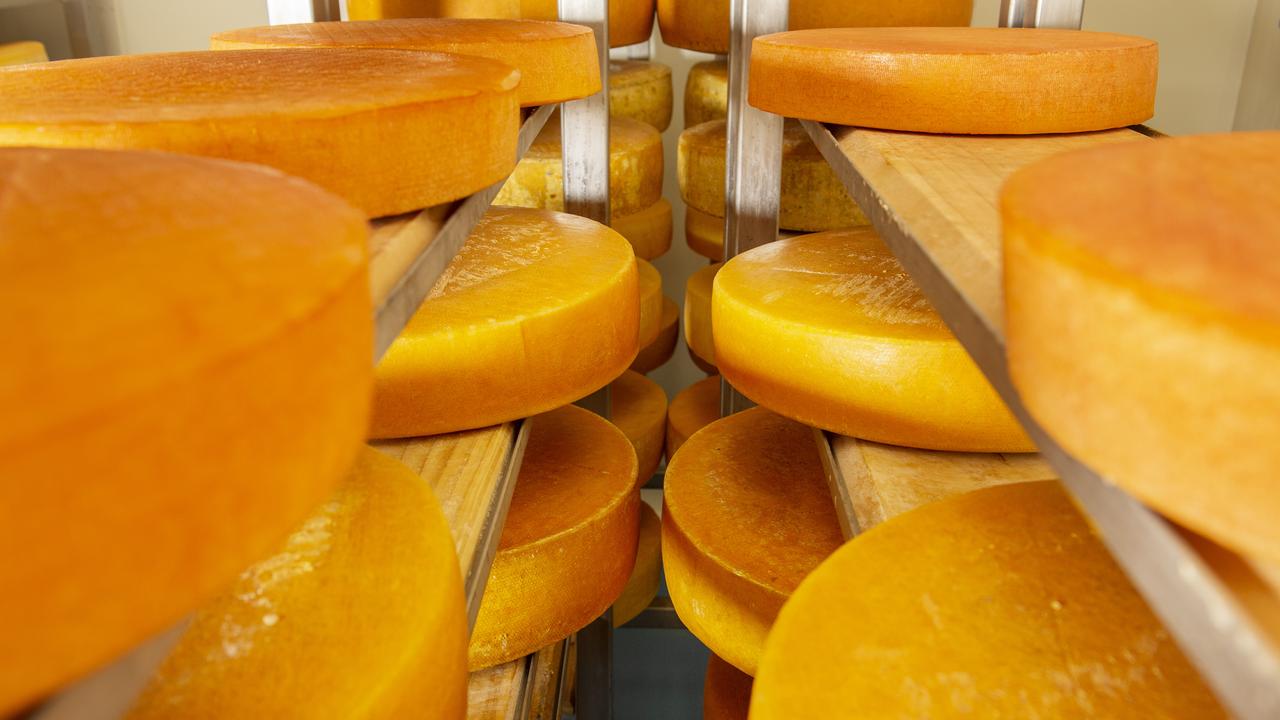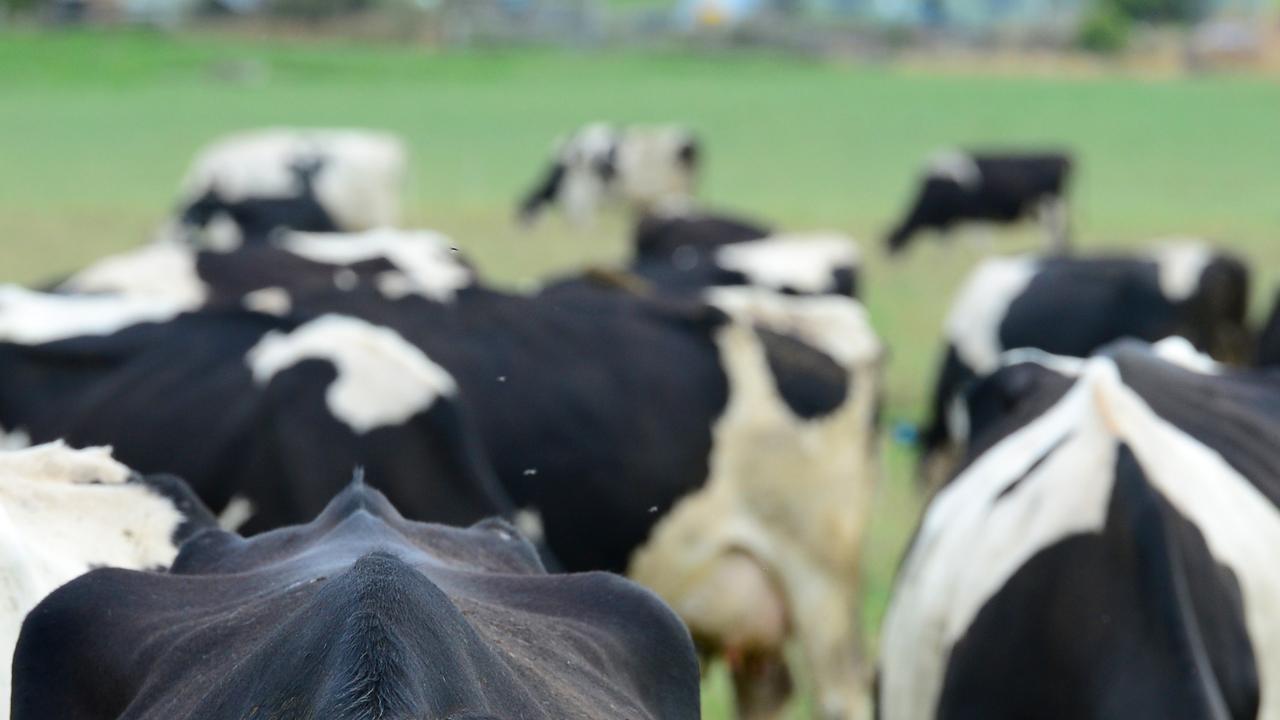Bruno Zeller and James Lockhart say dairy industry protection needed to arrest milk production decline
Two academics have called for better protection of the dairy industry to stave off its gradual decline.

THE Federal Government should make better efforts to protect Australia’s dairy industry, or it will shrink considerably and damage rural communities, according to two university academics.
University of Western Australia professor Bruno Zeller and business lecturer James Lockhart, at Massey University in New Zealand, argue in a yet-to-be-published research paper that, while the Australian Government has introduced a mandatory code of conduct between processors and dairy farmers in setting milk prices each season, it was not enough to protect the industry from sliding into decline.
Professor Zeller and Dr Lockhart said the Federal Government should regulate pricing to shore up food security and arrest the decline in milk production and the consequent effects on regional communities.
They said failed industry deregulation in 2000, the mismanagement of Murray Goulburn Co-operative and other factors had contributed to a one million litre decline in milk production annually over the past two decades.
“The resulting effect from these events and other economic and geopolitical shocks around the world has seen dairy farmers become mere actors in a bigger picture,” they said.
“The problem is that the Government thinks that all industries should be left to the cold winds of global competition where the corporate sector, in essence, calls the shots.
“Selling off Australian-owned assets to foreign corporations that are connected politically or economically, or both, to foreign governments further accentuates the problems that lie ahead for the dairy industry.”
Prof Zeller, who was born in Switzerland but has lived in Australia since 1964, told The Weekly Times Europe, the US and New Zealand had protected their dairy industries to varying degrees and Australia should do the same.
He said in dairy nations in Europe set floor prices to ensure all sectors of the supply chain survived.
“They look at the totality of the picture,” he said.
“Everybody has to survive — the retailers, the processors and the farmers — and that’s how they set the prices.”
Prof Zeller said the Code of Conduct showed the Federal Government was merely “a piece of paper” drawn up after a long debate to “tick the box” to make it look as though it was helping the industry.
But Federal Agriculture Minister David Littleproud said the dairy code had brought more power to dairy farmers by increasing price transparency, ensuring farmers have written contracts to rely on in any disputes and requiring all to act in good faith or be subject to penalties.
“This is in addition to the Government’s strong support through our 2019 election commitments which delivered $22 million to support the dairy industry to modernise trading, increase their financial literacy and support the enforcement of the dairy code,” Mr Littleproud said.
United Dairyfarmers of Victoria president Paul Mumford agreed that unless more was done to help the dairy industry, there would be a loss of farmers and a decline in milk production.
But Mr Mumford said a floor price would not necessarily work and would be difficult to introduce.
He said the Mandatory Code of Conduct had helped dairy farmers but product labelling and country of origin labelling would help consumers choose Australian products to support the industry.
“Our consumer is confused as to what is Australian and what is not,” he said.
Australian Dairy Farmers president Terry Richardson said the Mandatory Code of Conduct was an effective intervention tool.
“But it is not the only form of intervention assisting the dairy industry,’ Mr Richardson said.
“The dairy support package, negotiated by ADF and the Federal Government, complements the code and will be delivered by the next election.”
MORE
$11 MILLION OF DAIRY FARMERS’ MONEY IN WRONG HANDS FOR 16 YEARS


